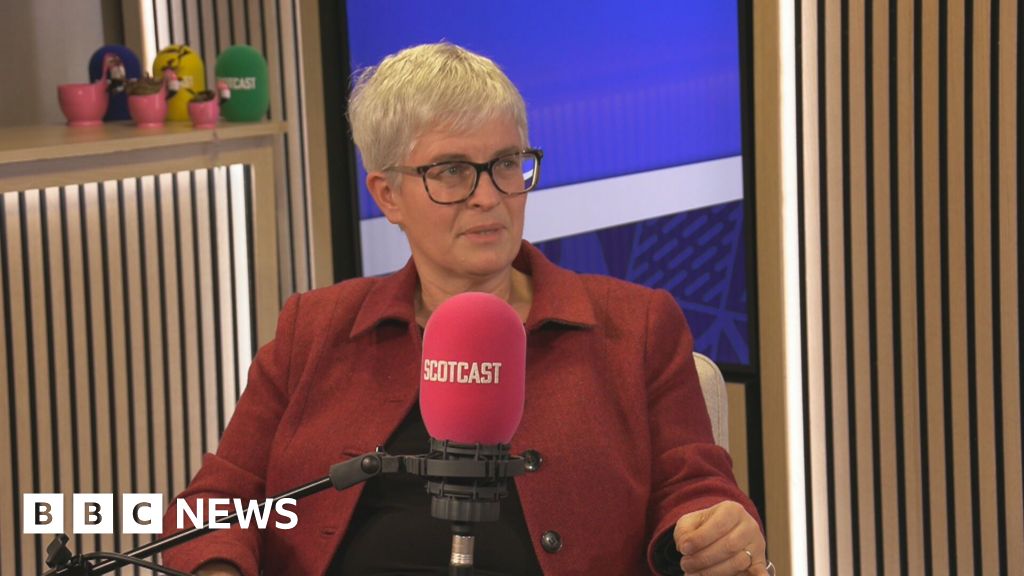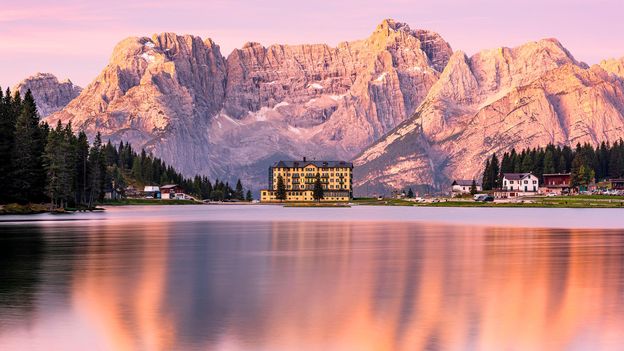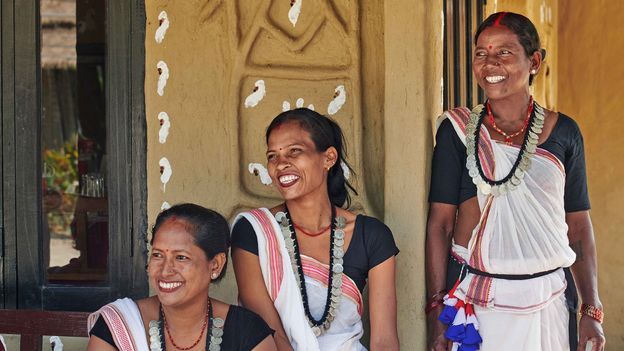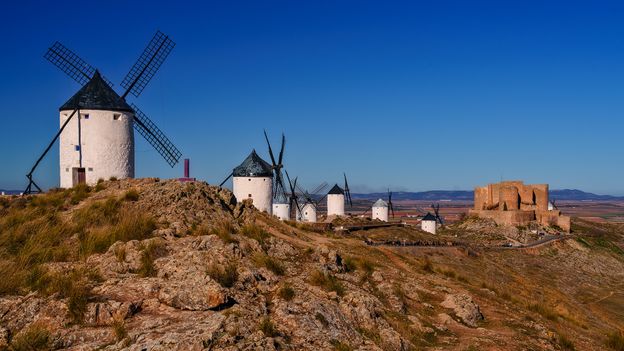It has been said that the Dolomites have a curiously dual personality. It’s Austria, but Italy. Italy, but Austria. Then, this heritage is interwoven with a third cultural and linguistic identity: Ladin, the Dolomites’ unique ethnolinguistic group that speaks an ancient form of Latin, or Rhaeto-Romance. Hiking is largely a pursuit to quiet the mind, but in the Dolomites it is different. A short walk can sometimes feel like walking through three countries at once.
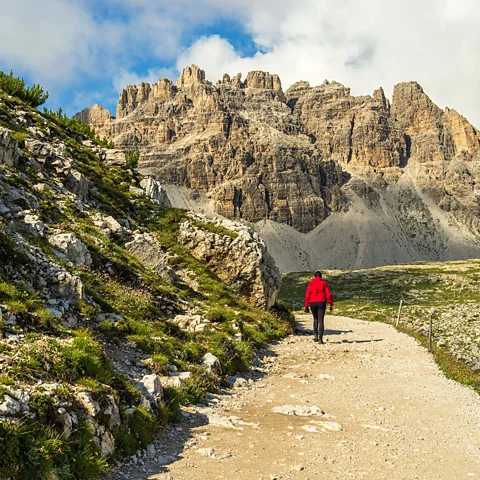 Alamy
Alamy“Our mountains have a split personality – particularly in the South Tyrolean part of the Dolomites,” said Agustina Lagos Marmol, founder of specialist tour operator Dolomite Mountains. “But that suggests division. Our three languages have equal status [under the region’s Autonomy Statute (1972)], and everyday life reflects these overlapping influences, from architecture to dialects to cultural attitudes. Our cuisine, for instance, seamlessly blends Italian flair with Tyrolean heartiness and Ladin traditions. That sets it apart from the more uniform, traditionally Germanic Alpine fare found just across the border [in Austria].”
If you join the hikers in the Tre Cime di Lavaredo, you’ll notice that too. When I arrived at Refugio Lavaredo, there was a sense of shared purpose and communality with hikers of all ages and languages sharing food, beer, wine and aperitifs across long tables, both inside and out. They were connected to the landscape – the steepled ridges, the furious clouds, the mountains watching up there – but, more importantly, to each other. It was more social than functional; the polar opposite of my experiences exploring quieter mountain refuges in Austria.


